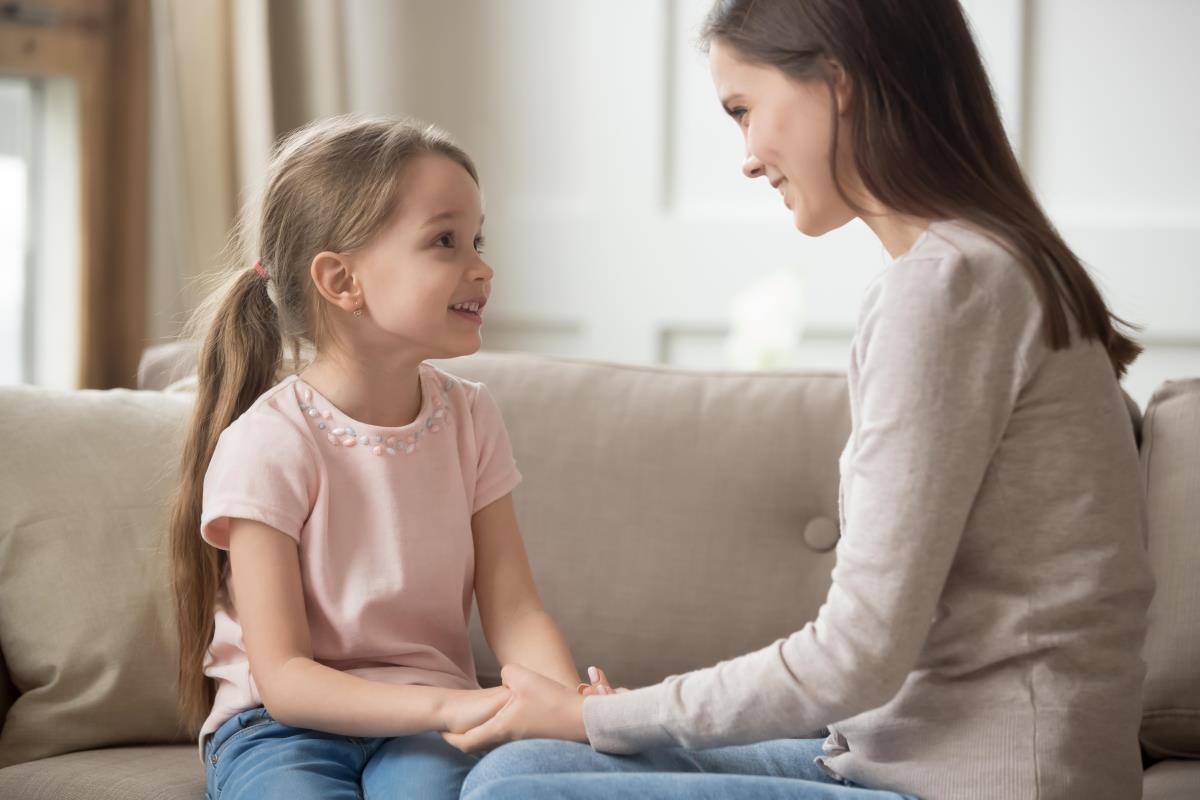How to Encourage Your Child to Look After Body and Mind
We change and grow all the time and in many ways. Physical growth is easy to see as we grow from babies to children, teenagers to adults, but we also grow intellectually as we gain new knowledge, skills, and understanding.
According to children's charity Place2Be - organisers of Children's Mental Health Week - around five children in every classroom have a mental health problem and many more struggle with challenges from bullying to bereavement. Children's mental health is directly affected by their actual immediate domestic environment and their relationships with adults, siblings, and others in their life. Many children don't have the resources or resilience to cope, and the awareness week aims to help parents, carers, teachers, and youth workers to best support them.
Whilst challenges, setbacks, and adverse life events can have a serious effect on mental health, they can also help us to grow and adapt. Trying new things can help us to move beyond our comfort zone into a new realm of possibility and potential. However, emotional growth is often a gradual process that happens over time, and sometimes we might feel a bit 'stuck'.
Mind as Well as Body
It's been recognised that when we think about being healthy and healthy living, we tend to focus on looking after our bodies - our physical wellbeing - through, say, food, being active, and getting enough sleep. However, in order to be healthy overall, and grow both physically and emotionally, it's important to look after our minds - our mental wellbeing - too. What we do to improve our physical wellbeing can help our mental wellbeing as well, helping us feel better in ourselves, focus on what we want to do, and deal with difficult times.
The following simple ideas may help your child to look after their body and mind:
Share with Them How you Look After Yourself
Chat with your child about what you do to look after your body and mind, from walking the dog to turning your phone off before bed. Sharing the steps, you've taken to stay healthy can set a good example for them - but equally, don't be afraid to admit it if you've struggled. It's a valuable message to get across, that it's important to keep trying, even when things are difficult.
Discuss how different things work in different ways: perhaps playing football in the playground makes them excited, or eating fruit gives them energy, or reading a story at bedtime is relaxing? What might they do which would help them look after their mind and body? Drink only one fizzy drink a week? Do star jumps at playtime? Listen to relaxing music before going to sleep? Writing a diary? If it helps, then great - but if not, they can always try something else and find out what works best for them.
Praise Them As You Raise Them
Praise your child and other family members for what they do to look after their body and mind - even if it's something small. It can take a little time to settle into a new routine or way of doing things and to be happy to do so. Remember, a little encouragement can go a long way and help them to form new ongoing helpful behaviours and habits. If your child sees healthy living in a positive light, they're more likely to carry on doing these things throughout life.
Remind Them That Nobody's Perfect
Whether it be through classmates gossiping in messaging apps, or celebrities sharing images through their social media profiles, it can be easy for children to feel that they are not the perfect shape or height or are in some way not quite as perfect or otherwise healthy as they would like to be. Remind your child that there's no such thing as a perfect body or mind; that everyone's body and mind is different - and that this is something to celebrate.
Stay Connected with Them and Have Fun
We use that word - connected - so much when we talk about being online with Internet access. But you and your children should aim to be connected offline too. Family life can be very busy and stressful at times, so think about and plan something you can do regularly with your child that will keep you well connected and having fun together. It could be cooking a meal together, or just making time for a family dinner (without devices on the table). Or if you're heading outside, then going for a walk - and perhaps a talk - together can be a great way to stay connected.
If You Have Concerns...
If, as a parent or carer, you're worried about your child, and feel you need some support, then talk to your GP or else a teacher or someone at your child's school. There is also a wide range of organisations you can chat with that also provide support and advice for parents. See this list of crisis contacts and mental health resources on the Place2Be website.
----
More information on the resources are available via the Children's Mental Health Awareness Week website




